This is our historic project, which we have been funding since 2011 with our partners: Kinomé and SOPREEF, a Senegalese social enterprise in the Sokone region. Discover the evolution of our agroforestry project in Senegal!
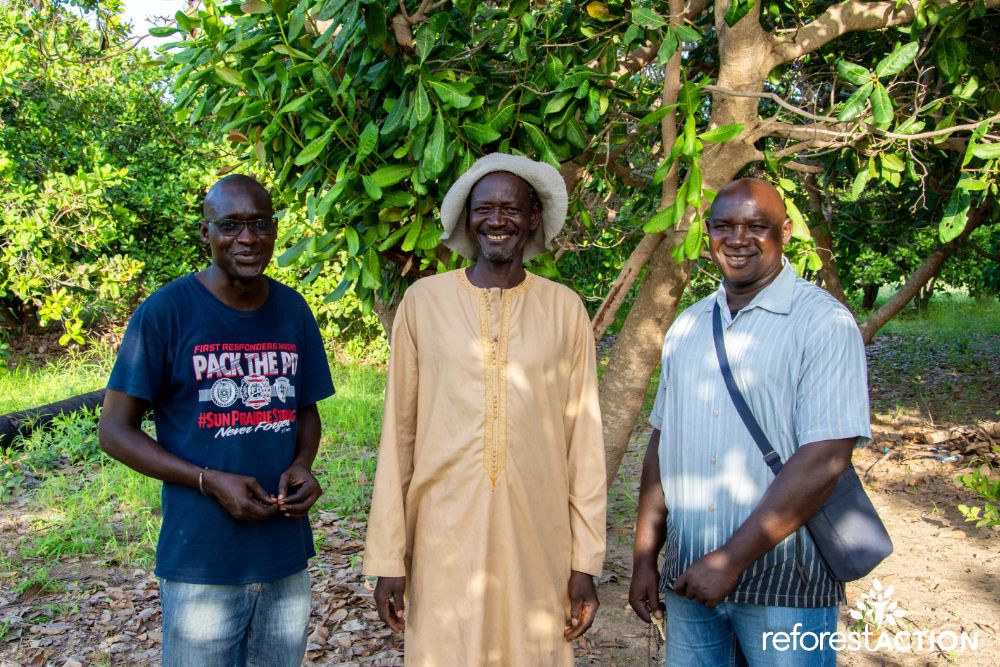
Agroforestry, an asset for local communities
Located around Sokone, in the south of Senegal, our project contributes to the development of rural populations through the planting of trees in agroforestry and the valorization of products from trees. Multiple species (mango, lemon, orange, tangerine, jatropha, moringas) have been planted since 2011 in the plots of local farmers and around their fields for their food crops. Today, the first trees financed by Reforest'Action are reaching their tenth year, while new shoots continue to be produced in nurseries.
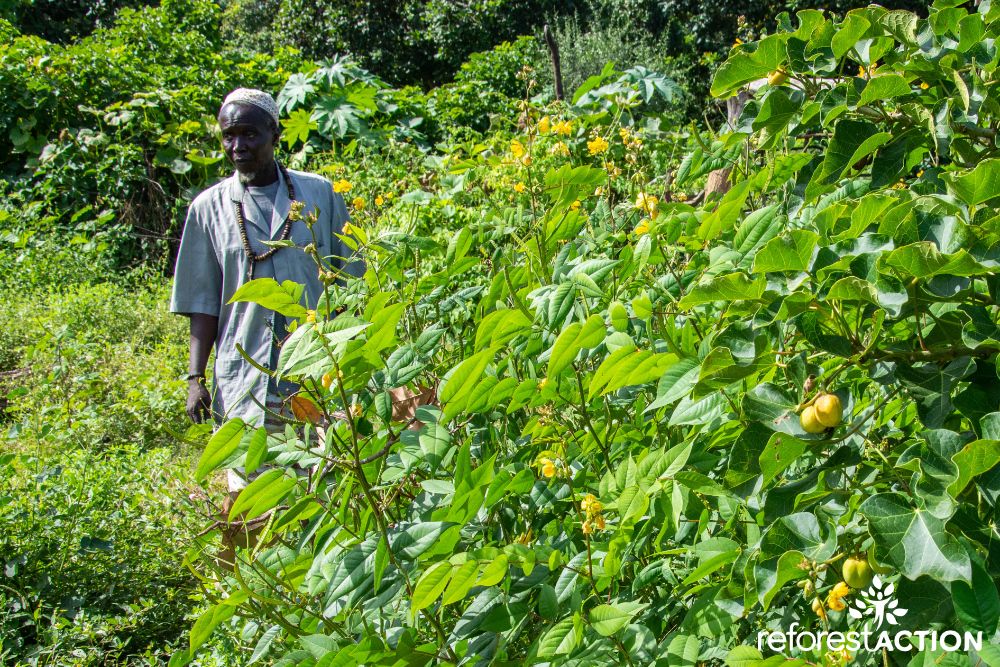
Regenerate soils and protect crops with jatropha
Planting jatropha trees in agroforestry helps to protect and regenerate soils impoverished by intensive peanut farming, and to limit their erosion. Fine elements (clays, silts) and organic matter (fallen leaves and twigs) will drop on the soil surface and enrich it. Trees will also draw minerals from the soil, which will be returned to the surface in the form of organic matter. Jatropha hedges also provide an excellent windbreak and a natural barrier against stray livestock.
A total of 400,000 jatropha trees have been planted by Reforest'Action since the beginning of the project in 2011, in addition to 44,000 fruit trees such as mango or lemon trees, planted in the plots surrounded by the jatropha hedges. However, some jatropha seedlings have been affected by the Fusarium disease, and died in recent years. They have been replaced in other plots by fruit tree species, used for personal consumption and as an additional income from the sale of the fruits.
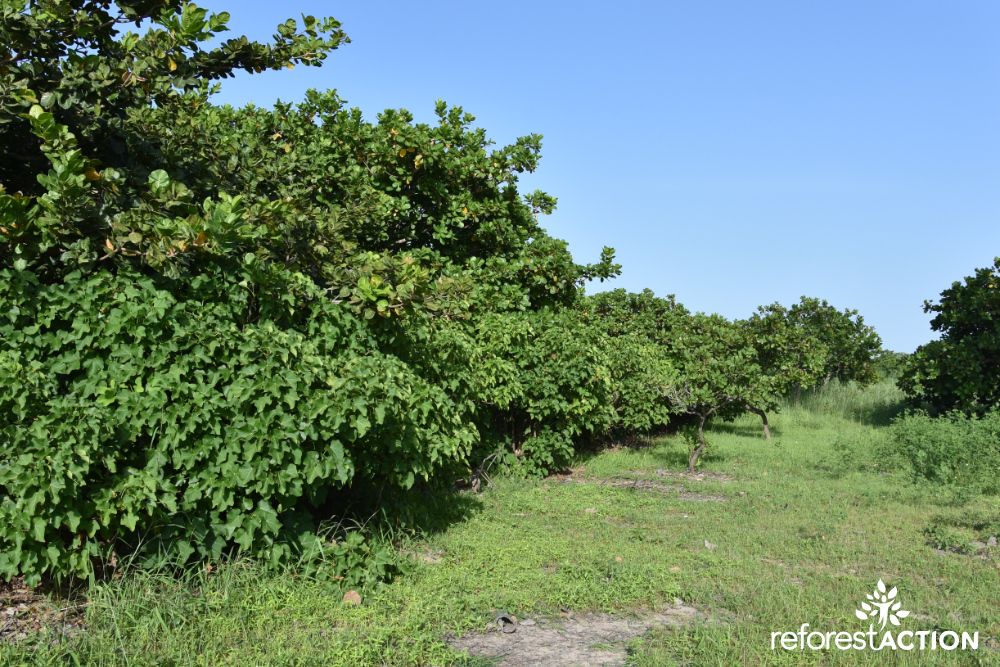
Jatropha oil, an additional source of income for local communities
When our project was initiated nearly ten years ago, the Senegalese government supported the jatropha oil industry, which was used to create biofuel, among other things. Unfortunately, subsidies for this sector have since been abandoned because the oil was too expensive compared diesel.
Nevertheless, the jatropha oil from the trees planted by Reforest'Action continues to be exploited within our project through SOPREEF, our partner in the field. A group of 7 women from the Sokone region, trained by SOPREEF, produces an average of thirty soaps per week. These soaps, made from jatropha oil, are then sold on the Sokone market and allow the women to make a total net margin of 14,000 FCFA, which is equivalent to 15% of the average monthly salary of the country.
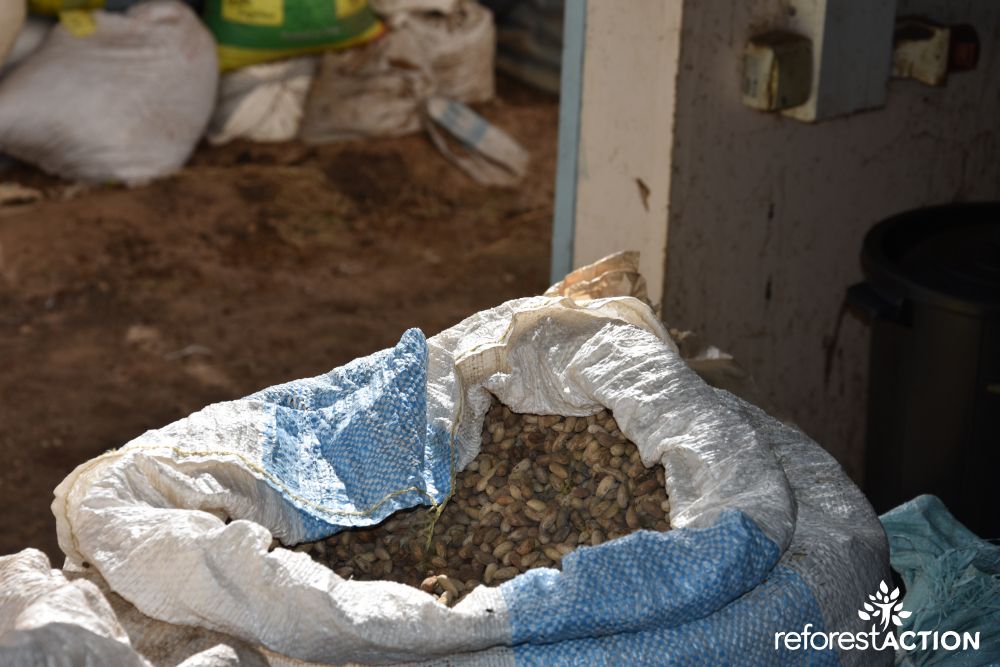
However, during a field audit conducted in October 2019, Caroline Reforest'Action’s head of forestry projects in intertropical zones, noted that the population was gradually losing interest in jatropha. In order to meet the needs of local communities, greater emphasis will therefore be placed on planting other species over the coming seasons, particularly moringa, a tree with multiple assets.
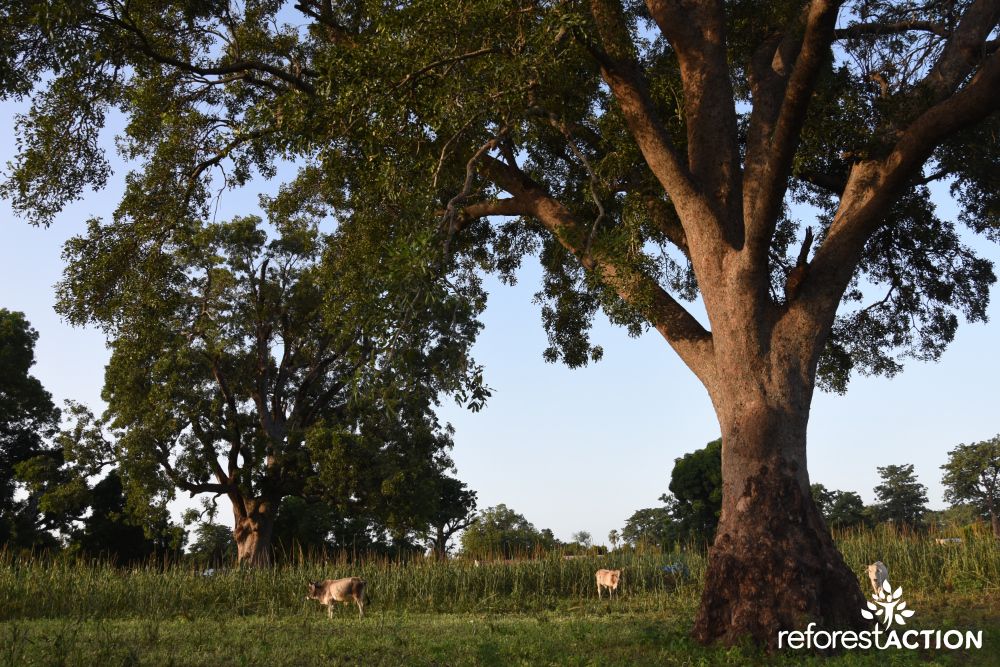
The benefits of moringa in crop protection and the fight against malnutrition
Since 2018, women's groups associated with our project have been planting moringas. A total of 16,000 moringas plants have been financed by Reforest'Action between 2018 and 2019.
Planted in their market garden plots of okra, sorghum or millet, the moringa provides shade for the underlying crops and protects them from drying gales. Named "nebeday" in Wolof (the tree that never dies), the moringa is highly appreciated by local people for its highly nutritious qualities. Its leaves are eaten fresh, or pressed to obtain oil. They can also be dried to produce a vitamin-rich powder which, when added to meal sauces, is a valuable dietary supplement, particularly in the fight against child malnutrition. This powder will also be sold by the women in local markets, allowing them to generate additional income.
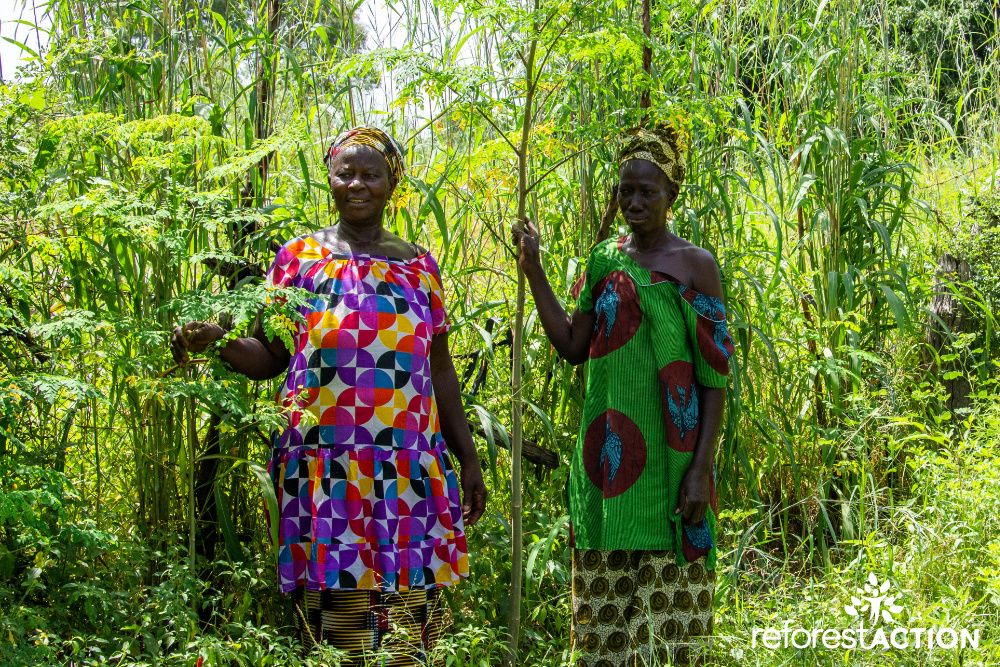
Besides this plantation project, awareness activities are also organized by SOPREEF. Women's groups are thus trained on the benefits of agroforestry and moringa, and in particular on its qualities in combating children malnutrition and deficiencies.
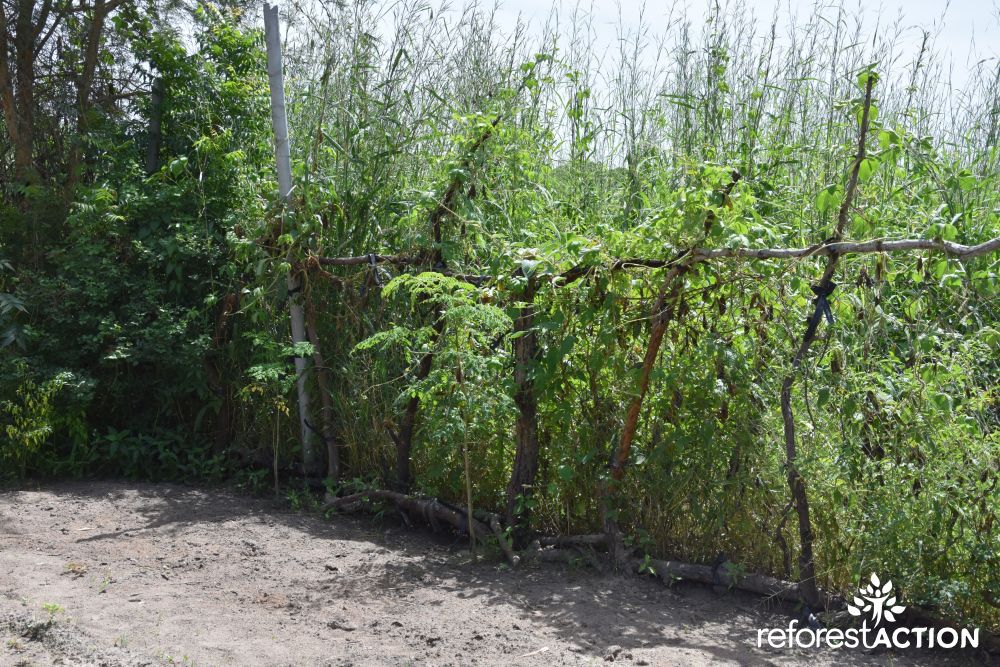
The dry season, favourable for the maintenance of trees planted before wintering.
The early dry season causes a strong need for irrigation.
In Senegal, the climate alternates between a dry season between October and June, and a rainy winter season, strating in July and during which the trees financed by Reforest'Action are planted. The dry season, which is currently in full swing, began earlier than usual in 2019, as early as September; it reflects an increasingly changing climate. As a result**, there is an increased and permanent need for irrigation** to maintain the trees and underlying food crops.
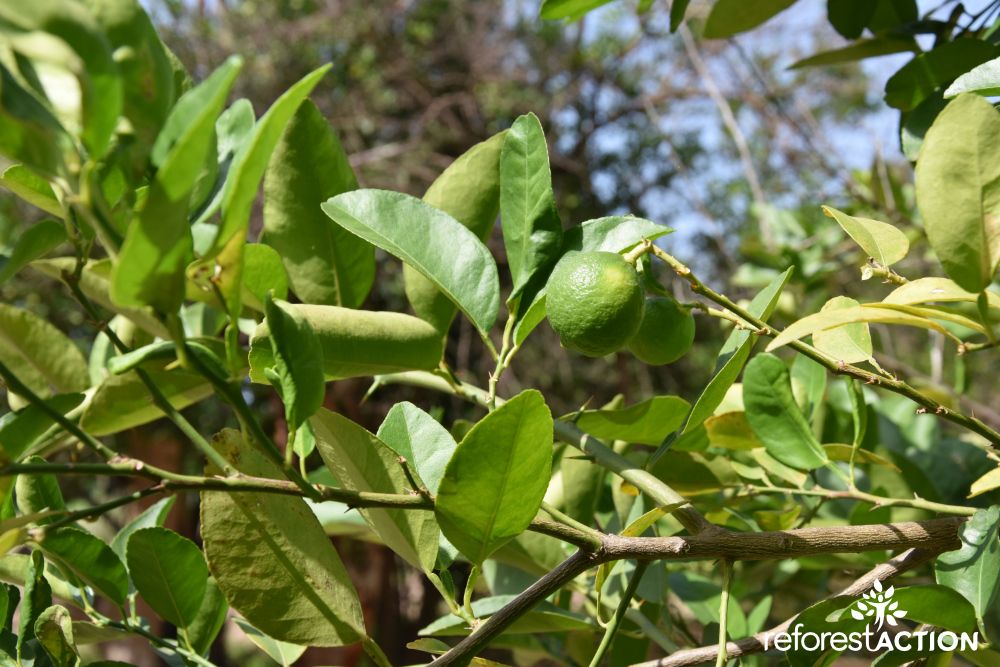
Tree maintenance and expansion of the project to local communities
SOPREEF, our local partner in the field, is currently guiding the local communities in the maintenance operations of the trees planted during the past seasons: weeding around the feet of the shrubs, providing compost, topping young shoots to allow them to branch out better.
The dry season is also an opportunity to seek more partners among women's groups in the villages around Sokone, with the aim of expanding our planting program. SOPREEF thus reports on the needs and objectives of the local communities for the upcoming planting season. The villagers are already very keen to plant a wide variety of species, both fruit and forest species, in addition to moringa.
The planting season will resume during the month of July 2020, when the first rains arrive in Senegal.